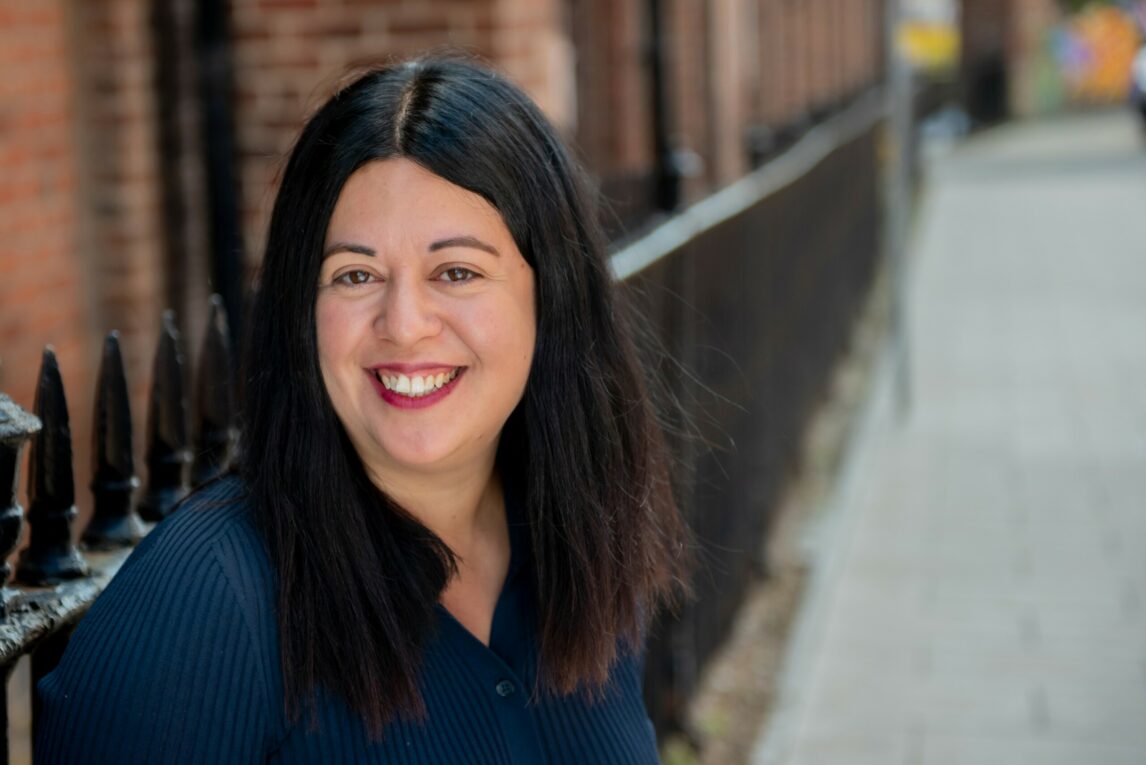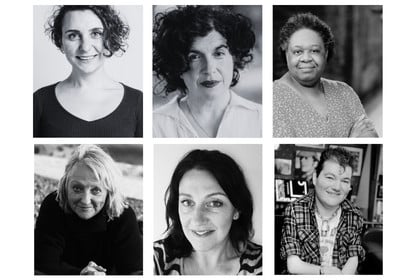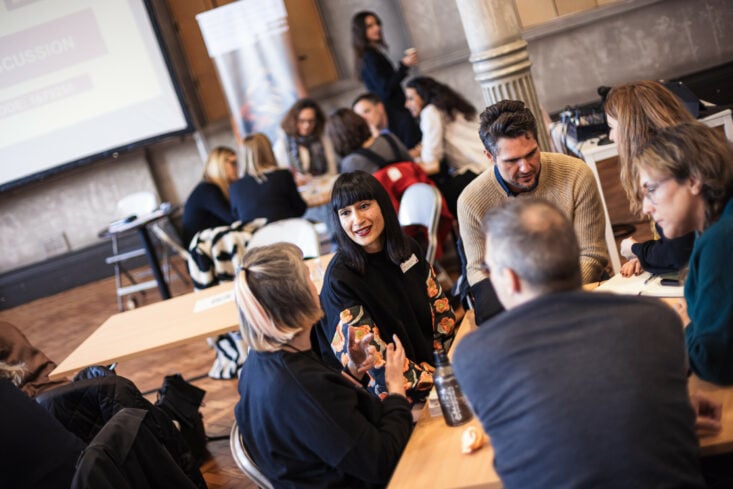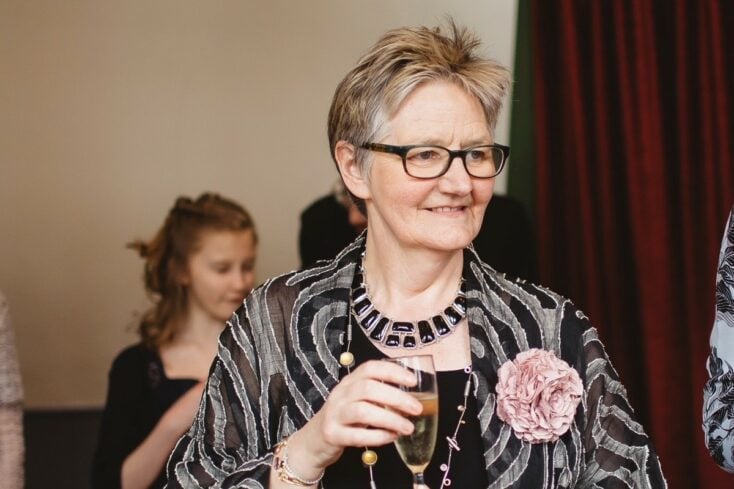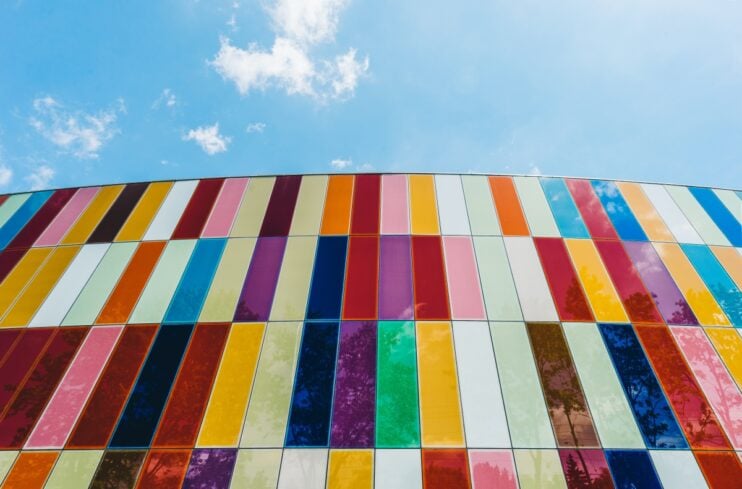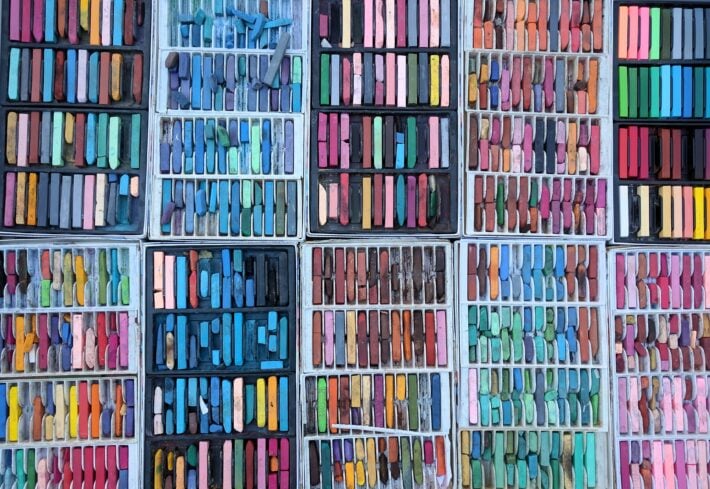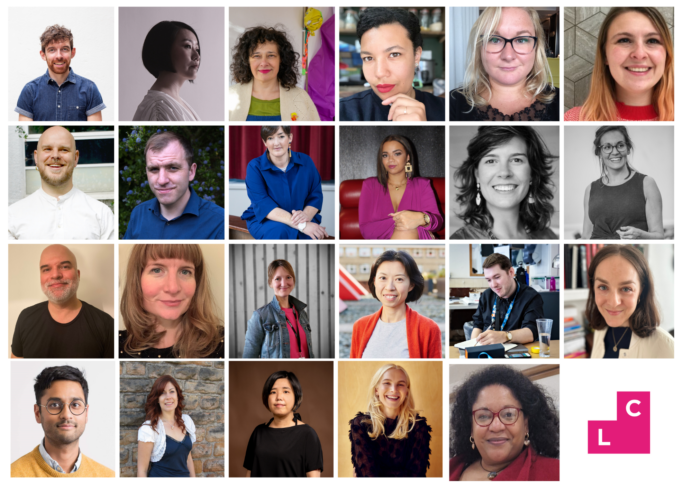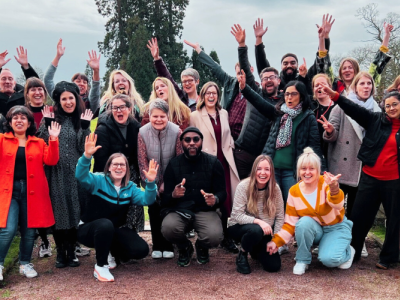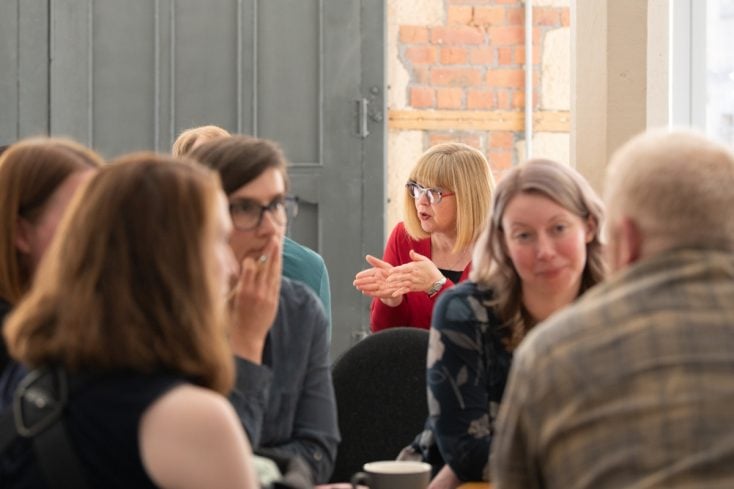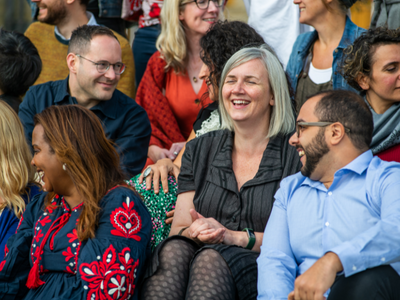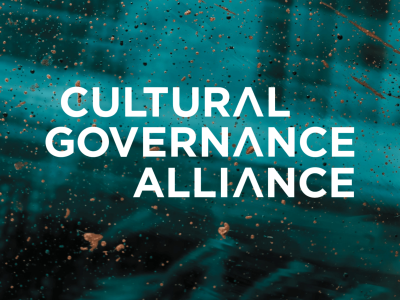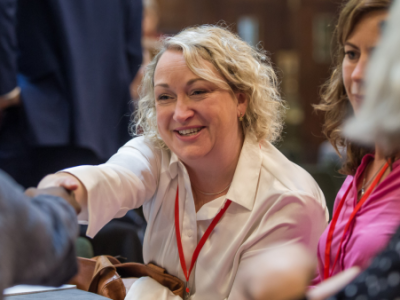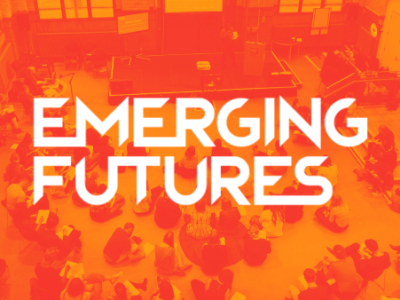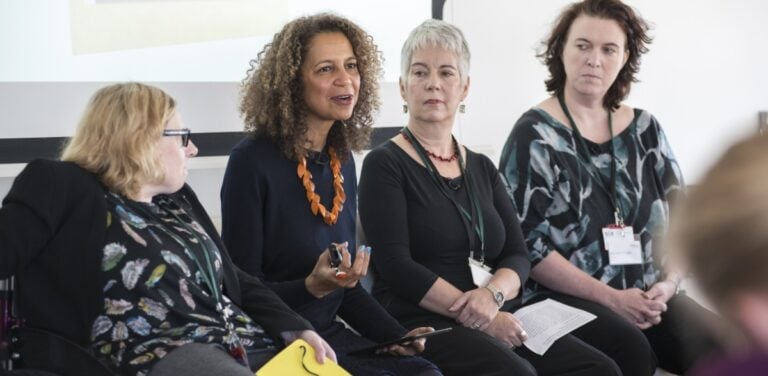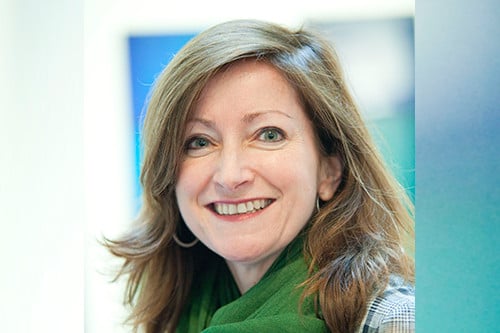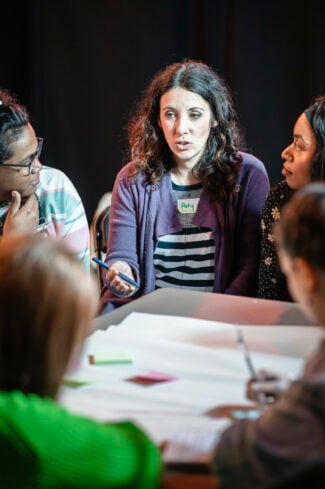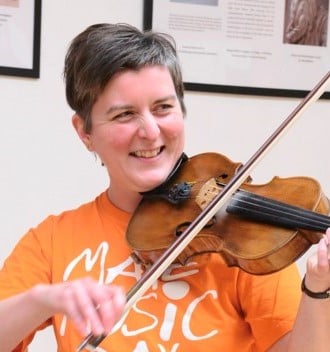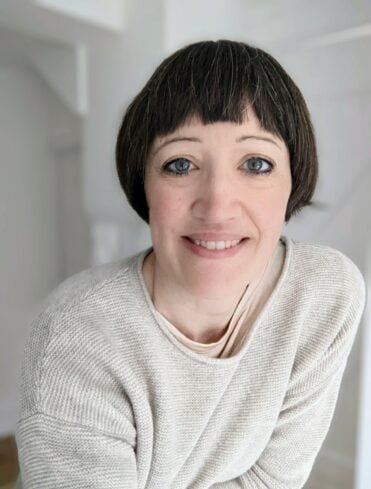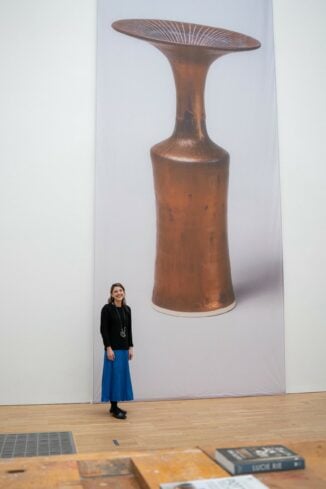A case for an independent, international production house in the UK
Clore Fellow 2022, Amy Letman, Creative Director of Transform, a biennial international theatre festival in Leeds, reflects on the interplay between creativity and institutional structures in the context of Theatre and the Performing Arts
The revolutionary Belgian theatre curator Frie Leysen once made a call to action for theatre venues to become more flexible and artist-focused. She spoke passionately about the need for programmers to be less rigid in what they consider audiences want to engage with: “who are we to say what audiences want to see? Underestimating is an insult. Being demanding is a sign of respect.” This statement rings true in my experience working in the UK performing arts sector with a focus on practice that could be defined as ‘experimental’ and, for this reason, often feeling like an outlier.
Breaking out of institutions…
My first job in the arts was at the Leeds (then West Yorkshire) Playhouse from 2011-2014. My role as a Producer was created through an Arts Council England change project designed to “open up and open out” the theatre to new ways of thinking about its purpose and role. I considered my role to be focused on shifting perceptions of what theatre could look like, how it could happen and who gets to make it. The role often required me to champion the value of theatre and culture that didn’t necessarily fit the usual mould.
Having engaged extensively with the international ecology, I tend to find the artistic remit of UK regional theatres to be narrow, and consider our focus on writer- and narrative-led forms to be too inward looking. Looking through some venue brochures, I often feel a sense of deja vu, as if I’m looking at the same season and same productions again and again. The way established venues in the UK tend to make theatre often takes the same approach. The script is produced or revived. The creative team is assembled, with usually exactly the same functions in place and the director in charge of the hierarchy. The rehearsal schedule is pre-ordained and the production schedule and deadlines line-up to every process before and after it to create each distinctive, and yet similar, product.
There is often an inherent assumption from venue programmers that in order to mitigate economic pressures, the work must be recognisable, linear and populist. This kind of work can therefore take a priority in terms of programming, resource allocation and, in turn, organisational value.
By contrast, more artist-led, cross-disciplinary, cultivating distinctive and collaborative processes, can feel side-lined. In turn, the artists making this work were often marginalised.
In order to truly support and make space for the kinds of performance and audiences I felt needed to be prioritised, I soon came to understand that I would need to work outside of larger institutional spaces. This led me to establish Transform, the new NPO that I founded and lead. For the past eight years, Transform has commissioned, produced and presented extraordinary international festivals and performance across venues, car parks, rooftops, clubs and community centres in Leeds.
Founding and leading an international performance festival for Leeds has enabled me to cultivate an audience hungry for a more adventurous performance offer in the region. Usually non-traditional theatre goers, they are more likely to attend cinema, gigs or galleries, and are a new, diverse generation of audience curious to understand their place in the world. Transform ensures that theatre and performance makers who are exploring challenging topics, pushing the envelope in terms of form and content, and seeking to reimagine the art form as we know it, can take centre stage.
However, prioritising radical work in a wider landscape where the contemporary is not always seen as legitimate, brings challenges, and there is a constant need to fight for space, infrastructure and resources. Whilst I’ve never looked back, I do sometimes reflect on my first job in a regional theatre, considering the physical space and production expertise embedded within our country’s largest spaces. I imagine what might be possible were these resources able to be truly mobilised by independent artists, and the kinds of extraordinary cultural experiences and new audiences that might in turn spring from this. What kind of step change might be possible, if we were to think differently about theatre venues and how resources are shared across the art form?
The European Production House model…
With this in mind, I dedicated my Clore Fellowship to stepping outside my biennial festival context and going back into physical production spaces. This included a secondment at Southbank Centre, the largest arts centre in the UK, where I contributed to the development of Southbank Centre Studio, a new multi-art form initiative designed to develop interdisciplinary collaborations. I also spent time at VIERNULVIER (known as Vooruit), a Flemish arts centre housed in a 100-year-old civic building, with a focus on creating cross-pollination between local and global arts communities. VIERNULVIER creates a meeting point for audiences in Ghent and beyond, whilst acting as a lab for development, production, presentation, participation and reflection.
Coming from a UK context, what was most striking about my time at VIERNULVIER was the scale and production resources purely reserved for independent artists. Balancing a programme of resident artists, residencies, socially-engaged collaborations, epic co-productions and festivals, the venue is a meeting point for local and international artists, and curious audiences, in Ghent. There is no side-lining of the ‘experimental’ in favour of other forms – innovative expression is the sole focus of this space. The organisation’s structure reflects the collaborative creative processes it prioritises – VIERNULVIER has developed a dynamic, flexible organisational structure, with traditional departments replaced with co-ordination, realisation teams and future-focused teams, adopting a circular and collaborative structure to ensure porous exchange across skill-sets and expertise. Priding itself as a social space, the café is bursting with residents drinking morning coffee, eating lunchtime spaghetti, or socialising and partying after shows.
VIERNULVIER is part of a network of enviable European production houses, set up to support, nurture and present the independent performing arts. The largest of its kind in Germany, Kampnagel in Hamburg is dedicated to the development and presentation of the performing arts – theatre, dance, performance, and often visual arts and music. Based within a former mechanical engineering factory and founded as an arts centre in the 1980s, the venue now hosts six stages, a restaurant and café, club, and communal gardens. Kampnagel describes itself as a “laboratory for the development of ideas, a think tank and place for controversy, opening up to society and processing the surrounding reality in art”. The venue is a context for critical conversation and vivid performance, with a strong focus on inclusive and queer programming, and hosting a number of annual festivals including the annual Kampnagel international summer festival.
It’s hard to imagine a UK equivalent to Kampnagel or VIERNULVIER, given the stark differences in local and national government subsidy in England compared to, say, Germany and Flanders. Looking at the ecology in the UK, we have a regional theatre sector focused on generating a particular field of work which arguably doesn’t align with the way that the art form and audience appetites are changing. At the same time, we have a lively and innovative independent performance sector whose support comes mainly from festivals, the DIY and small-scale, meaning that there is little opportunity for development at scale. It is therefore essential that a more ambitious infrastructure is developed, in order for performance in England to be more relevant and sustainable alongside its peers in wider Europe.
Whilst England already has a lively network of arts centres (Battersea Arts Centre in London being perhaps most closely aligned to those I’ve referenced) and network of smaller arts centres outside London including ARC – Stockton Arts Centre and venues including Cambridge Junction (to name only a couple of Future Arts Centres’ 120 members https://futureartscentres.org.uk/our-members/) I believe that there is a compelling case to create space and ambitious infrastructure for independent and interdisciplinary performance.
Super venues versus a different proposition…
There might be an argument that the UK doesn’t need more cultural venues. Across the Pennines from me in Manchester, Factory International has recently opened the epic Aviva Studios. Part of a new wave of ‘super venues’ being developed globally, Aviva Studio’s counterparts might be Hong Kong’s West Kowloon Cultural District or New York’s The Shed as opposed to the European production house model described above. It will take time to see if Factory International is able to balance the economic realities of a venue of such scale with the needs of independent artists and Manchester’s communities.
There is also an argument that regional theatres could be reimagined to also become a home and offer infrastructure for independent artists and more contemporary forms. Perhaps these civic buildings might transform to embrace interdisciplinary, collaborative processes, and the democratic and socially-conscious models more prevalent in mainland Europe. Or perhaps, it’s time to recognise that regional theatres will continue to service a particular kind of output and particular kind of audience – and perhaps it’s time to create space outside those contexts, for something fresh, new and entirely different to emerge…
Imagining something different…
A home for independent and international performance, outside London, would allow an ambitious infrastructure to develop the future of the art form. Like its existing European counterparts, this venue would have historic and social significance, adopting an existing building as opposed to being a new-build, and be climate-justice focused in its development and operation. This space would provide a context for UK independent artists and international creatives to develop and create boundary-pushing performance at scale and with technical rigour, with a flexible organisational structure aligned with collaborative performance making. Creating a meeting point for theatre, dance and performance, and work at the intersection of forms, this space would be focused on developing the future of the live art form. Democratic, open and porous, this space would be as deeply connected to its local communities as it is the international landscape. A meeting point and gathering space, a place to engage with the future of performance whilst socialising and connecting. Drawing on our European friends’ rich commitment to innovative interdisciplinary practice at scale, but informed by the UK’s arguably stronger track record in inclusion, access and audience engagement, England’s first truly international and independent production house could be an innovator in artistic excellence, internationalism and inclusion.
